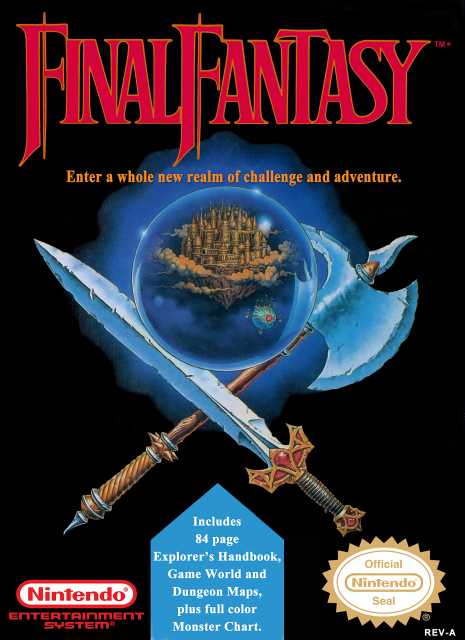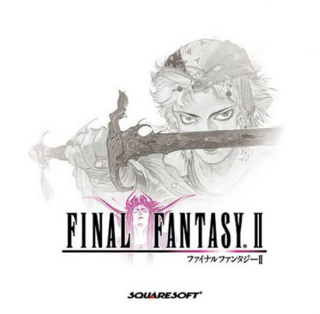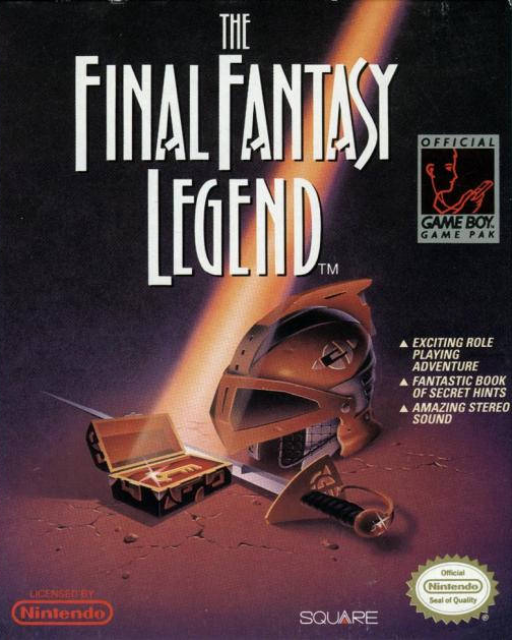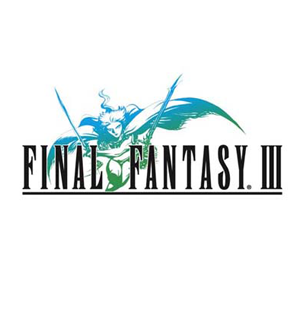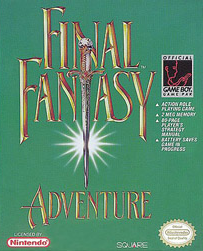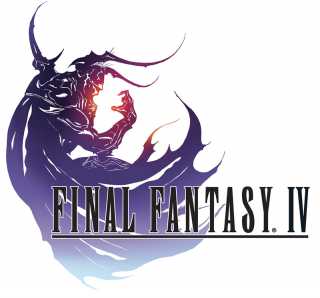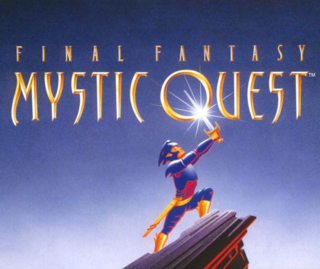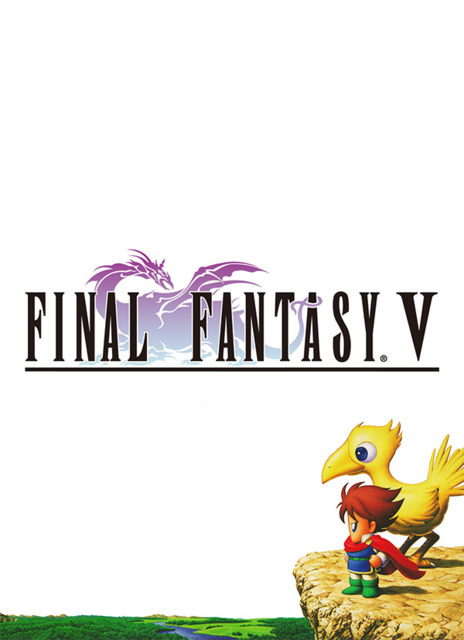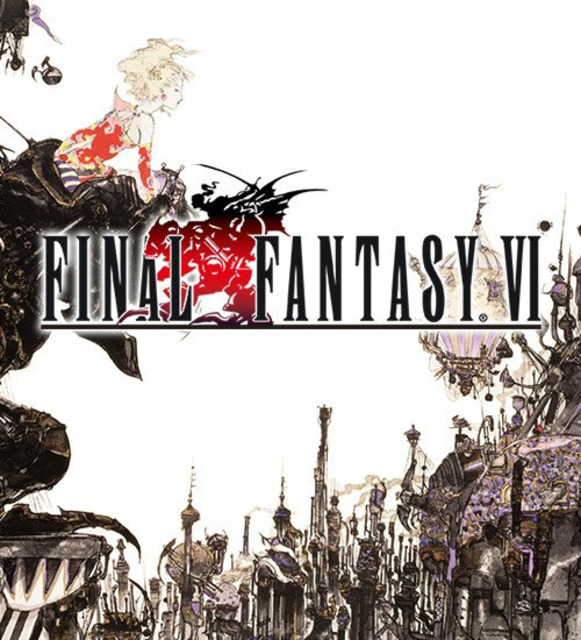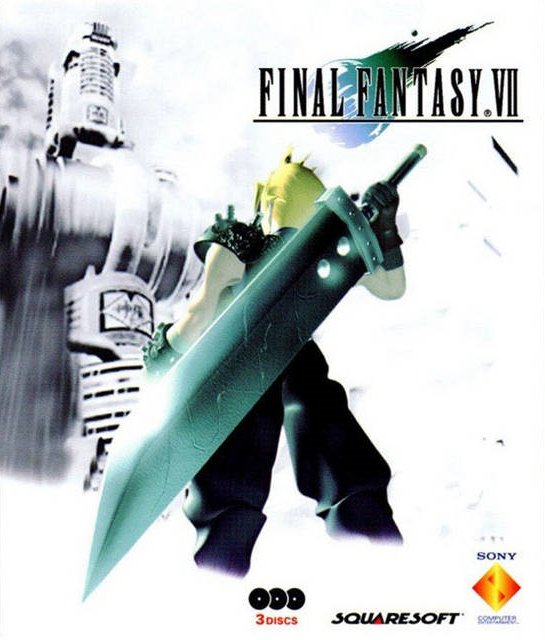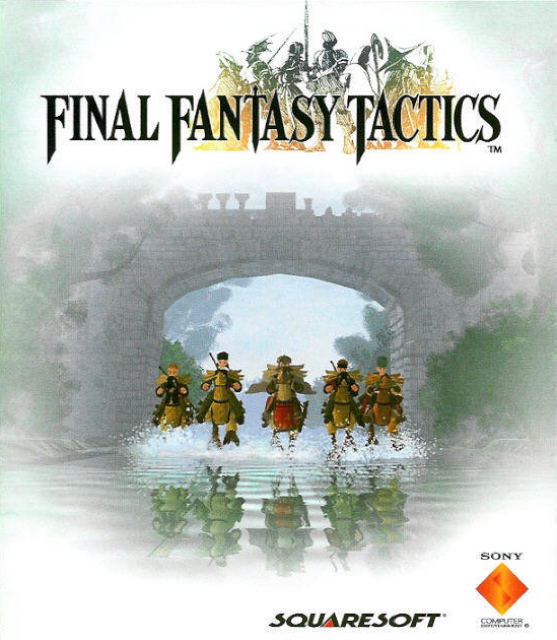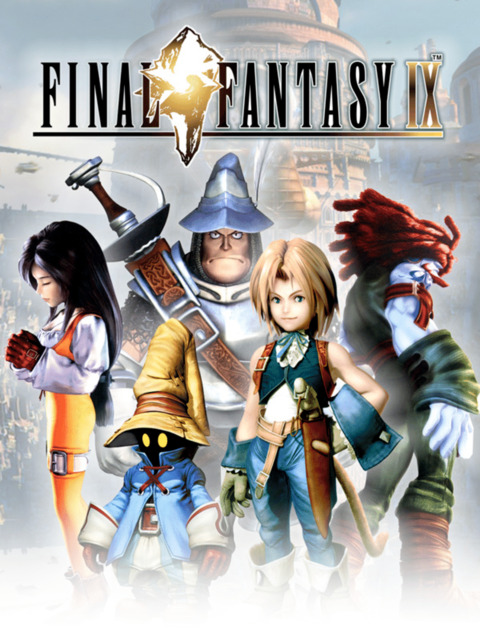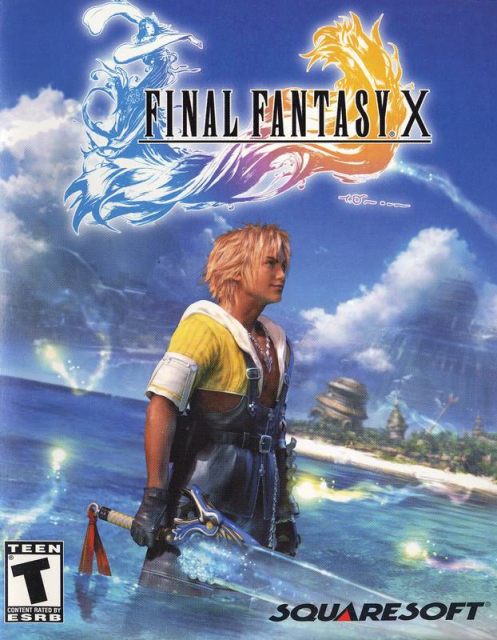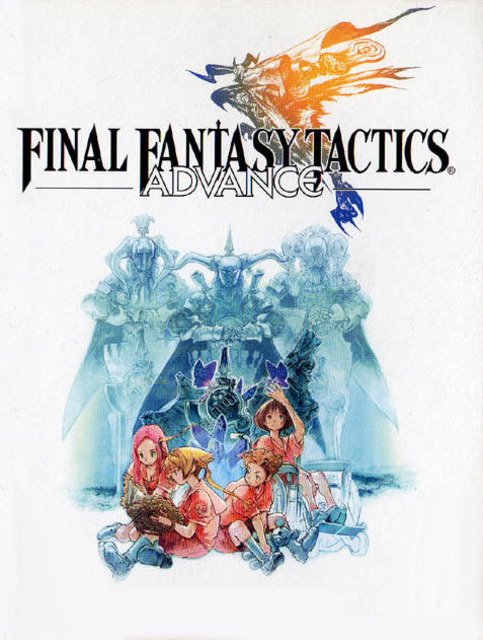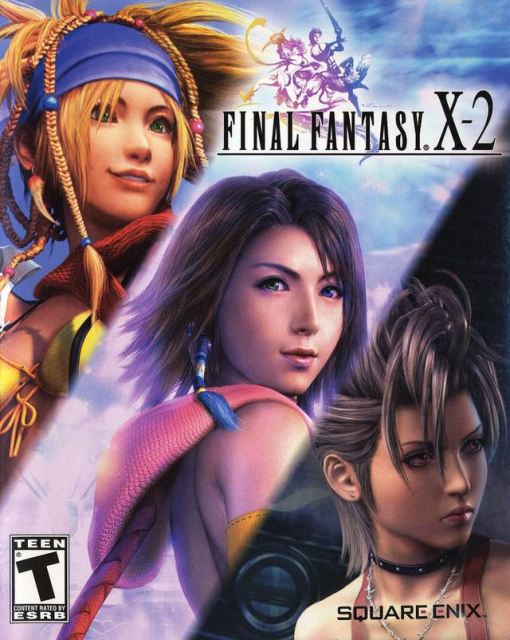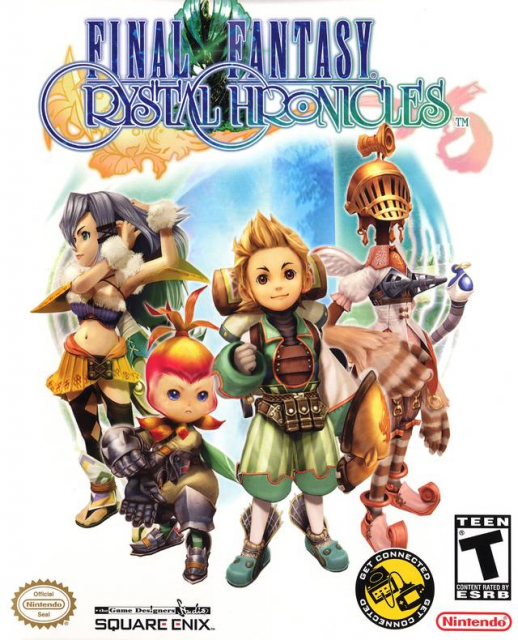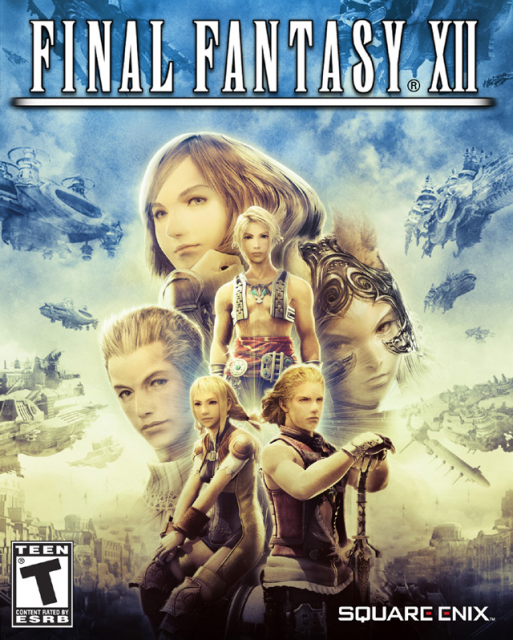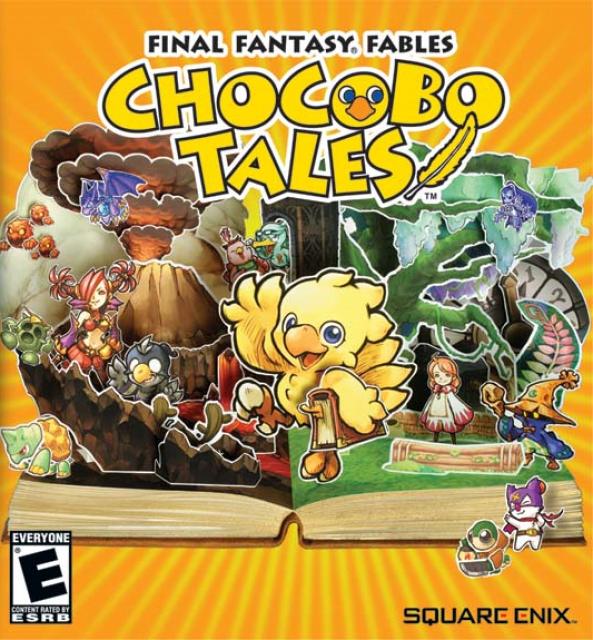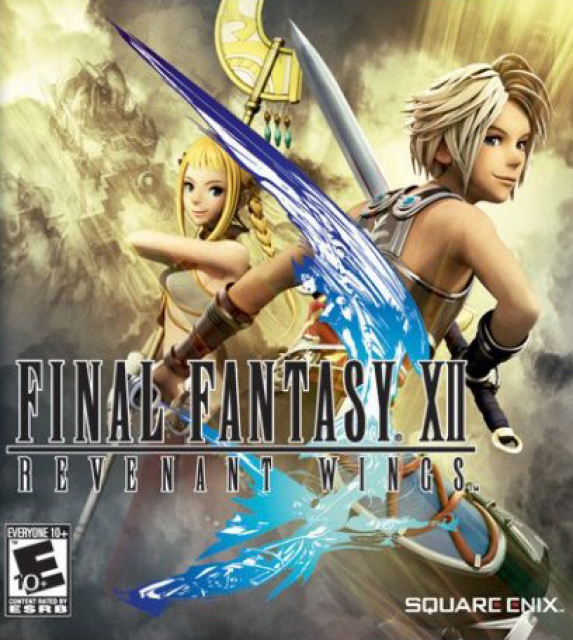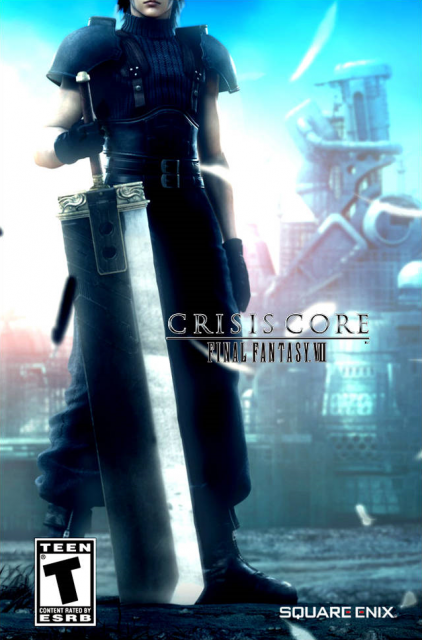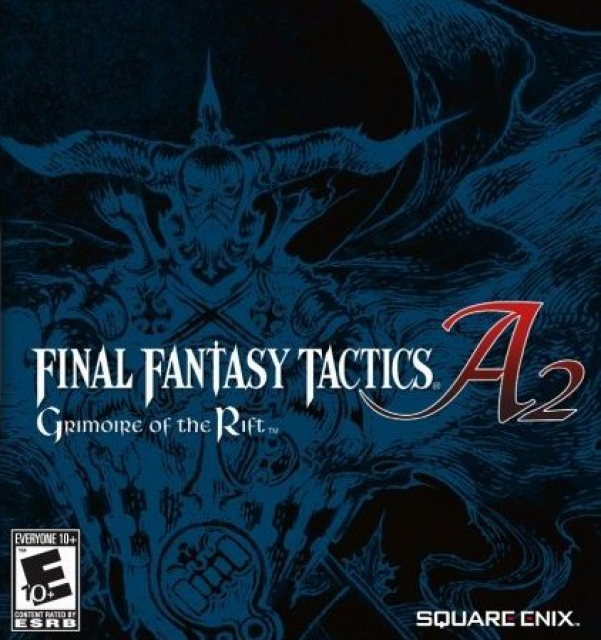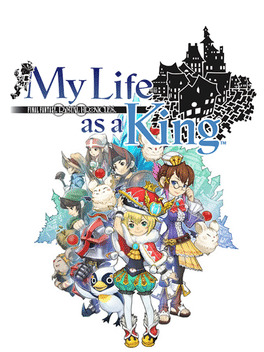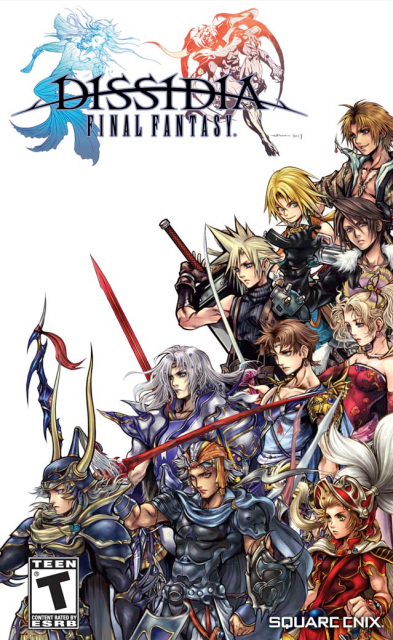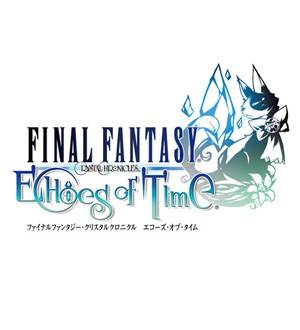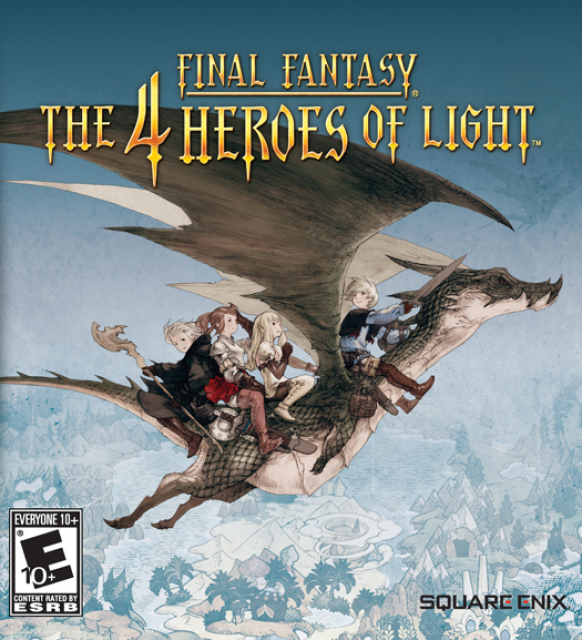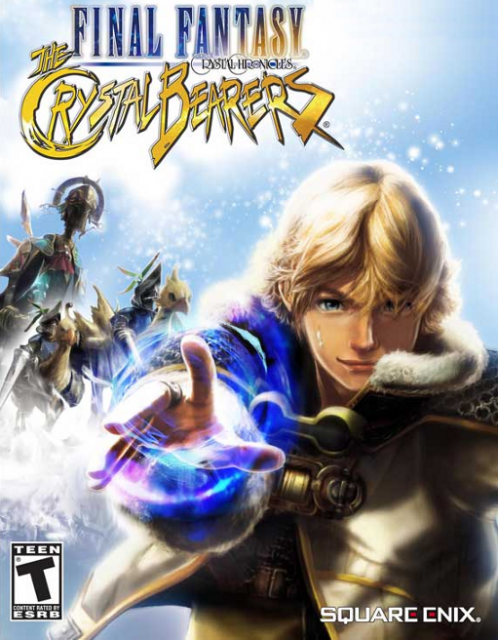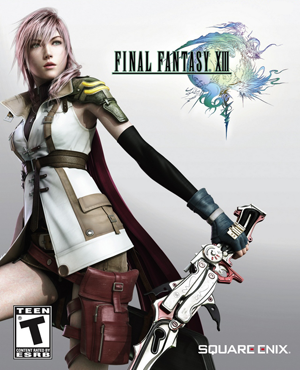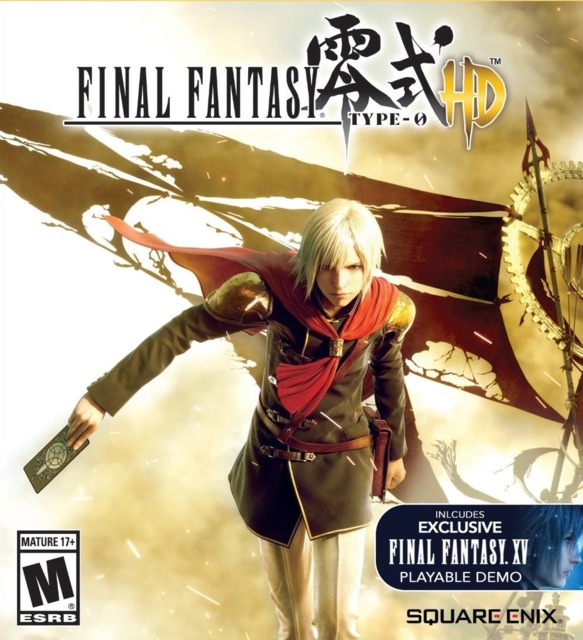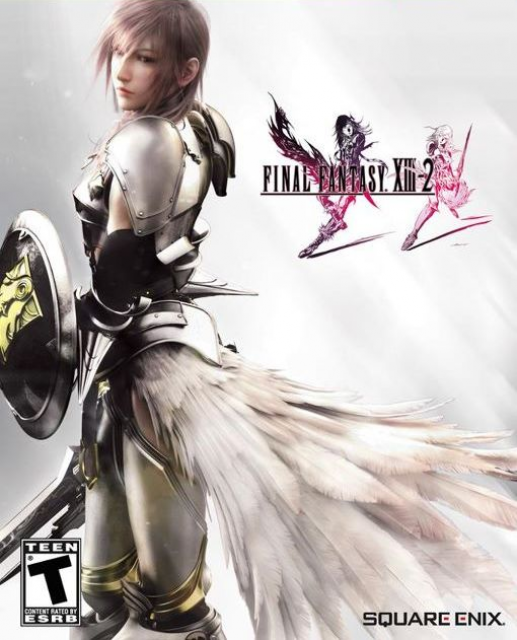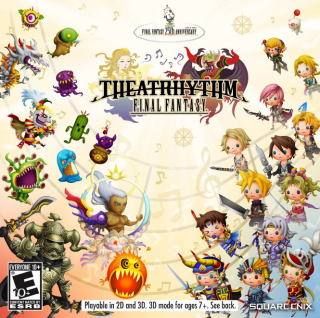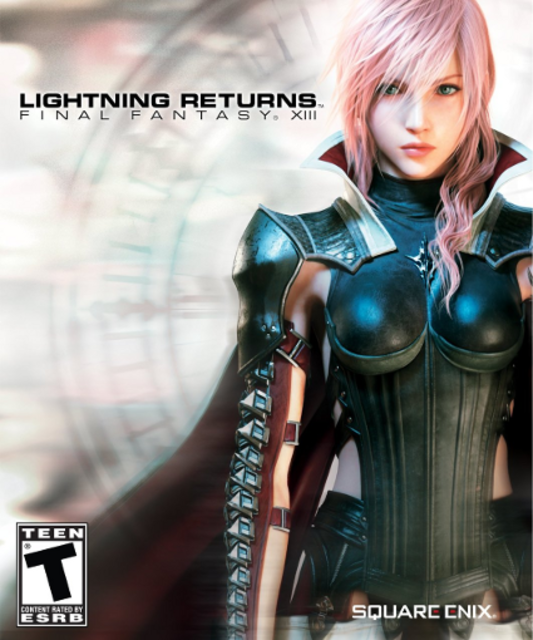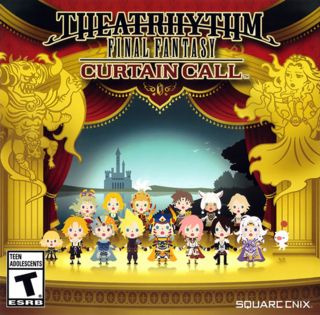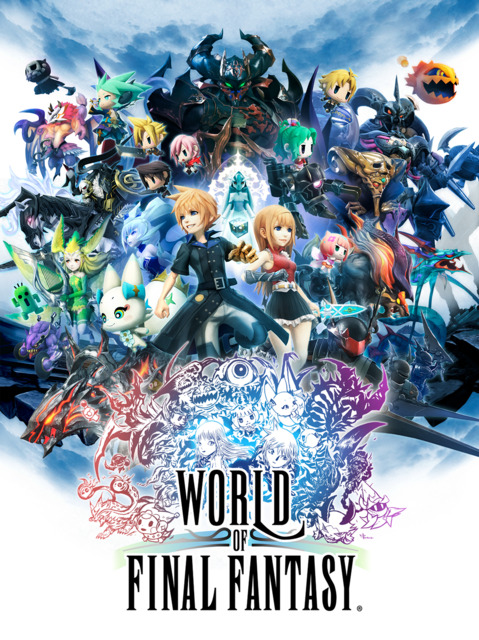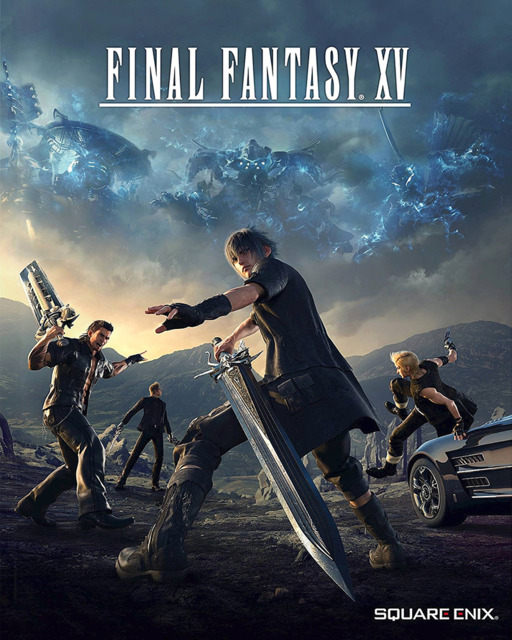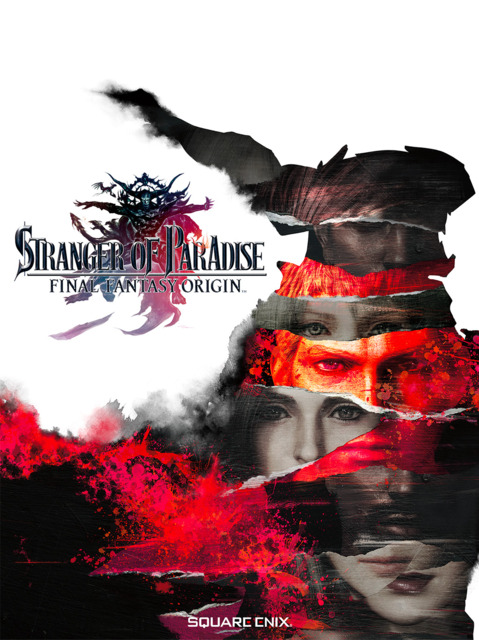36 in 36: A Not-So-Final Final Fantasy Retrospective
Hey Choco-bros and Moo-gals to a list celebrating the 35th anniversary of what was famously Squaresoft's last-ditch effort to keep Sakaguchi and co. from knifing strangers for cash like a pack of destitute Tonberries. After saving the company (or at least giving it a stay of execution for a few decades before it got really into NFTs for some reason) Final Fantasy has gone on to enjoy many sequels and spin-offs and even if playing thirty-five games from the same franchise sounds like an absurd number it just so happens to be the exact amount that I've spent any considerable time with. Hell, and these are just some of the ones that got localized.
For each game I've attempted to narrow down what it was they introduced to the franchise or otherwise did to set themselves apart, followed by whatever memories I could pull from the ongoing degradation of my mental faculties. (I'm just kidding around! I'm still as sharp as a... uh, one of those umm... hmmmm... oh. Oh no.)
The plan, though not one I'm particularly committed to, is to keep updating this list with another Final Fantasy game each time the anniversary rolls around. Future candidates include the promising Final Fantasy XVI and the latest in the always reliable rhythm series Theatrhythm: Final Bar Line. (There's a few other older possibilities too, such as the mobile/3DS picross game Pictlogica and Crystal Chronicles: Ring of Fates.)

